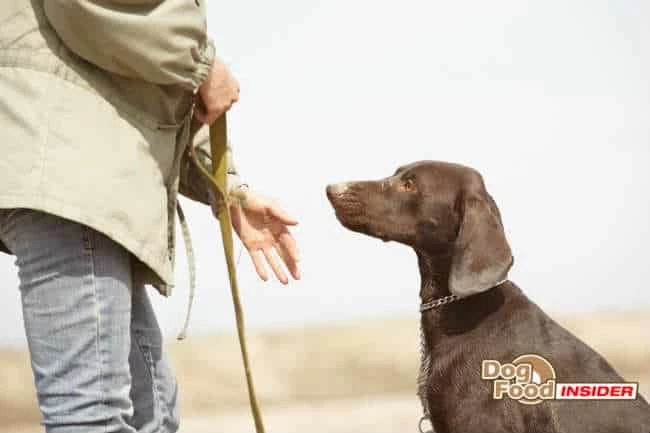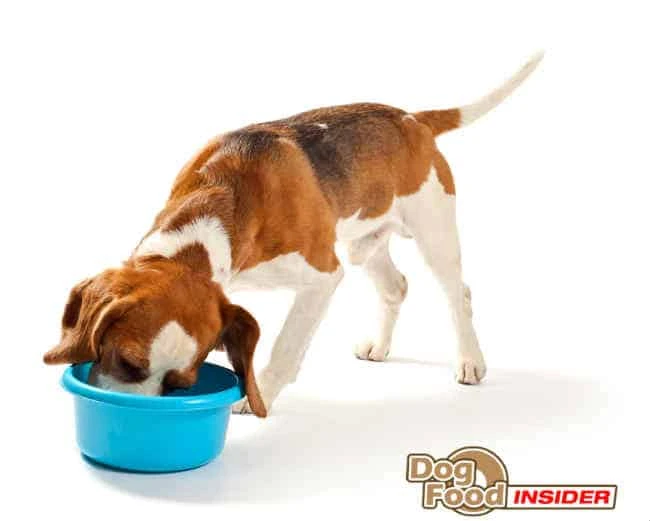Pet Health, Training, and Nutrition

Dog Owners Guide To Puppy & Dog Ear Problems
For your beloved dog ear problems can come in a variety of forms including ear infections, allergies, mites, tumors, skin diseases (the list goes on) with each of these health problems causing a variety of different symptoms (and in the worst case scenario deafness). Before we go into detail regarding the most […]

Dog Owners Guide To Dog Allergy Symptoms
Dog allergy symptoms can be caused by a variety of different factors – on this page we will start with how humans can be allergic to dogs (and the symptoms that they might experience) and also the symptoms that a dog might exhibit if he or she experiences an allergic reaction. Human allergies to Dogs […]

Dog Owners Guide To Distemper Symptoms
Distemper symptoms will normally occur within six up to twenty two days after your dog or puppy has been exposed to the virus. By exposure we mean your dog or puppy has come into contact with infected poop, urine, saliva and/or nasal secretions. Your dog or puppy can also get the disease if an infected […]

Dog Owners Guide To Distemper in Dogs
In this guide to distemper in dogs, we have focused on the causes of the illness and the vaccinations (vaccines) that are used to prevent the disease – you can find out more about the symptoms here. This illness is a very serious canine health condition and can very often be deadly. This illness is very […]

Dog Owners Guide to Diarrhea in Dogs and Puppies
Diarrhea in dogs and puppies can be caused by a number of illnesses and diseases – some more serious than others and is defined as a frequent passage of liquid feces that is discharged from the bowels often caused by an underlying illness or disease. Before we go into detail about the […]

The Dog Owners Guide to Diabetes in Dogs
Diabetes in dogs is actually a fairly common disease especially in some breeds. On this page we have provided information on the causes, diagnosis and symptoms but for advice on its treatment you will find a link at the bottom of the page. There are two types of Diabetes, Insipidus and Mellitus (sugar Diabetes). The […]

The Dog Owners Guide to Cushings Disease in Dogs
Cushings disease in dogs (hyperadrenocorticism) is very often seen in older dogs and also smaller dog breeds. The cause of this health problem is normally due to an excess production of adrenal hormone (most notably corticosteroids) by your dog's adrenal glands. However, it can also be caused by too many corticosteroids being […]

A Guide to Coprophagia in Dogs and Puppies
Coprophagia or (poop eating) is where a puppy or adult dog has developed a taste for eating poop (it can be their own or other animals) and it is a relatively common condition to affect younger puppies. Why do dogs eat poop? The reason behind puppies and dogs eating their own or […]

The Dog Owners Guide To Constipation in Dogs
Constipation in dogs and puppies is a health condition that causes extreme difficulty and pain when a dog or puppy attempts to poop. This illness is actually more common in pets than humans realise and can be caused by a number of different reasons. Below we have provided a complete guide to it's causes, symptoms, […]

Dog Owners Guide To Congestive Heart Failure in Dogs
Congestive heart failure in dogs is also referred to as CHF. It is a very serious condition that is a result of your dog's heart not being able to pump enough blood to certain areas of the body most notably the Lungs and other organs. It is quite a common illness with […]

The Dog Owners Guide to Colitis in Dogs & Puppies
How does colitis in dogs and puppies affect your pooch? This condition refers to an inflammation of the colon which is often caused by inflammatory bowel disease which affect the small and large intestines. Did you know? Colitis is estimated to be one of the leading causes of diarrhea in dogs (in fact […]

The Dog Owners Guide to Canine Vestibular Disease
Canine vestibular disease (or syndrome) is the relatively new term that is now used to explain Strokes. This condition is considered a balance disorder as the term ‘vestibular' simply refers to the part of the dog's nervous system that helps to orientate a dog to it's surroundings. To enable a dog to […]

The Dog Owners Guide To Canine Teeth Cleaning
Canine teeth cleaning is as important for your dog or puppy as it is for humans. Of course basic care of your pooches teeth should be part of their overall health care regime. In fact most dogs would have had some input from a vet in relation to basic check ups etc […]

The Dog Owners Guide To Canine Seizures
Canine seizures can be caused by a number of different factors including epilepsy (more on this later), tumors, trauma and even through poisoning. The actual seizure is caused when a dog's brain is exposed to a sudden burst of electrical activity – this activity can also spread to other areas including the […]

The Dog Owners Guide To Canine Seborrhea
Canine Seborrhea can come in two very different forms (each one completely separate skin diseases) – Primary and Secondary Seborrhea. In general the skin disease causes flakes of dead skin to start shedding from the afflicted dog's epidermis and also from the actual hair follicles. The flakes of dead skin can be […]

Dog Owners Canine Rheumatoid Arthritis
Canine Rheumatoid Arthritis is found mainly in toy and smaller breeds including Shetland Sheepdogs. This debilitating condition is an immune mediated disease which basically means that the dog's own antibodies start to attack the dog's own connective tissue. There are two types of immune-mediated arthritis including Rheumatoid and non-erosive. The Top Customer Rated Dog Food Suppliment To Help […]

The Dog Owners Guide To Canine Pyoderma
Canine Pyoderma refers to a variety of bacterial skin infections that are normally characterised by frantic and intense itching and are normally secondary to some other skin problem or disease. Below is a list of common Pyoderma (skin infections). Folliculitis In Dogs Folliculitis is often seen in breeds like Boxers, Dobermans, Miniature Schnauzers […]

The Dog Owners Guide To Canine Prostate Cancer
Canine prostate cancer is one of the rarer forms of cancers to affect dogs. The symptoms of prostate cancer are very similar to the symptoms exhibited by dogs that have an enlarged prostate e.g. pain when urinating and pooping, constipation, discharge from the penis and problems when walking. Tumors affecting this area can also lead […]

The Dog Owners Guide To Canine Pancreatitis
Canine Pancreatitis is a very serious condition and is basically a result of the Pancreas becoming inflamed. The condition is life threatening and early diagnosis is crucial for the best results. This page is dedicated to discussing the causes of the condition, it's treatment, diagnosis and of course the symptoms. What is Canine Pancreatitis? [hana-code-insert […]

Dog Owners Guide To Canine Pancreatic Cancer
Canine pancreatic cancer is a very serious health problem not only because it is often difficult to diagnose but the tumors within the pancreas are often inoperable. Unfortunately the pancreas is also a common place for malignant tumors to form and can cause problems with the bile duct which will then lead […]
